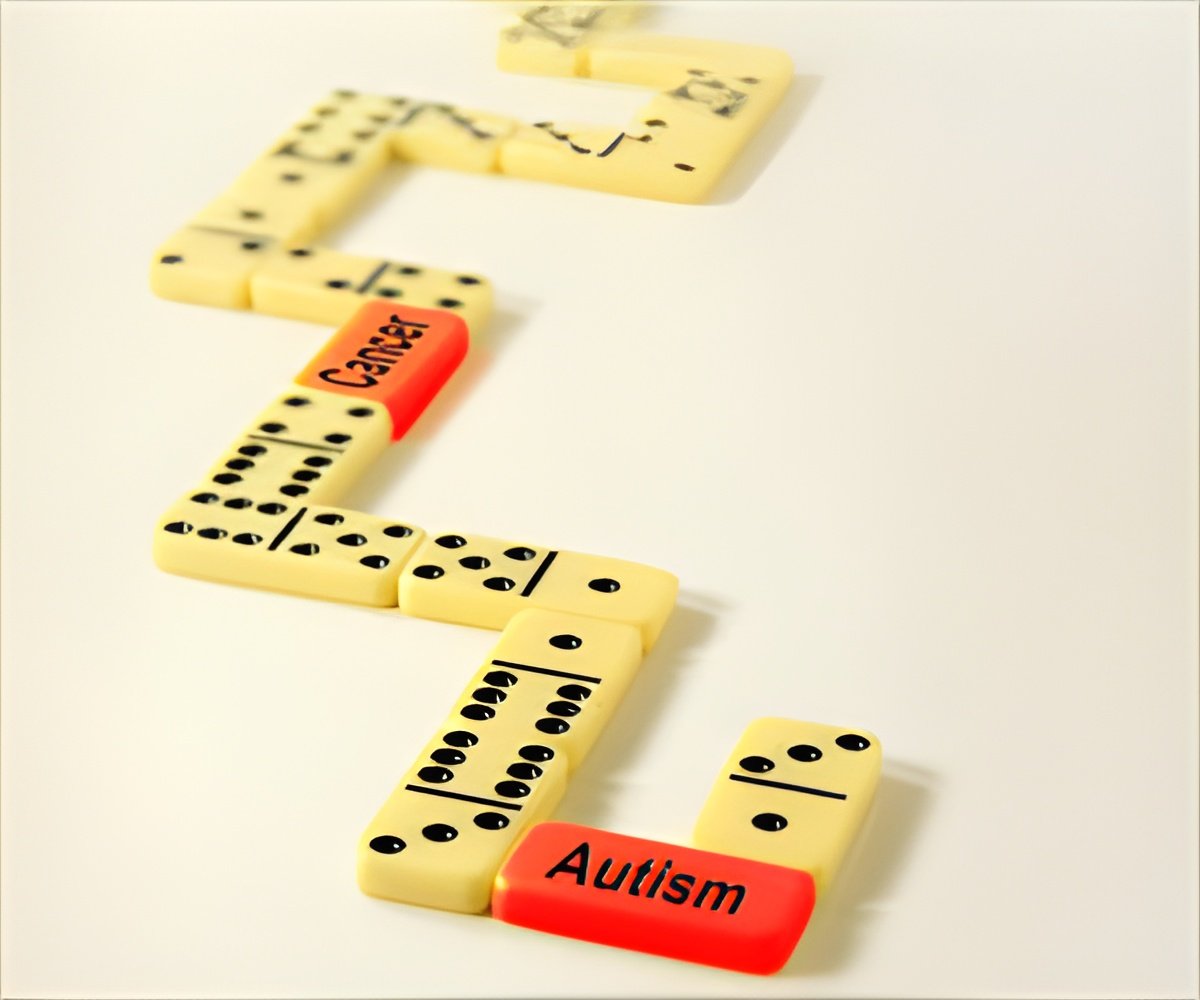National study suggests trackers using radio, Bluetooth or global positioning system technology help ease anxiety for parents of children who wander.

‘According to national estimates, more than a quarter million children with autism and other developmental disorders wander away from adult supervision each year.’





Researchers will discuss the study abstract, "Impact of Tracking Device Technology on Quality of Life for Families with a Child with an Autism Spectrum Disorder," during a platform presentation on Saturday, May 6, at the Moscone West Convention Center in San Francisco. They will also present 5 other abstracts about studies they conducted using the same cohort, currently the largest national sample of children who have wandered, during a poster session on Tuesday, May 9. According to national estimates, more than a quarter million children with autism and other developmental disorders wander away from adult supervision each year, said Andrew Adesman, MD, FAAP, a senior investigator for the abstracts being presented and Chief of Developmental & Behavioral Pediatrics at the Seven and Alexandra Cohen Children's Medical Center of New York.
"In recent years, parents and professionals have become increasingly aware of not only the dangers associated with wandering by children with autism, but also the emotional toll this places on families and the limits it imposes on activities," Dr. Adesman said.
"Given the magnitude of safety risks and parental concerns, it is important to find evidence-based solutions that reduce the likelihood of injury to children and can provide parents with less reason for worry," he said.
For the studies, researchers examined online survey responses from 1,345 parents invited to participate through autism organizations nationwide. The parents answered questions about their children's developmental diagnosis and severity, past wandering behavior and prevention strategies they'd used to address the behavior, including extra locks and physical barriers, child harnesses, and electronic tracking devices that used radio, Bluetooth or global positioning system (GPS) technology to help parents quickly find children who wander off.
Advertisement
Overall, 96 percent of parents who said they were currently using an electronic tracking device said it made their quality of life better (47 percent send it made it "somewhat better," and 49 percent said "much better.")
Advertisement
Dr. Adesman said the findings suggest physicians who care for children at risk for wandering should become informed about different electronic tracking devices and counsel parents about potential benefits.
McLaughlin will present the abstract, "Impact of Tracking Device Technology on Quality of Life for Families with a Child with an Autism Spectrum Disorder," on May 6 from 8 a.m. to 10 a.m. in room SFC-3008. Five additional, related abstracts will be displayed from 7 a.m. to 10 a.m. in the Poster & Exhibit Hall on May 9.
Source-Eurekalert













